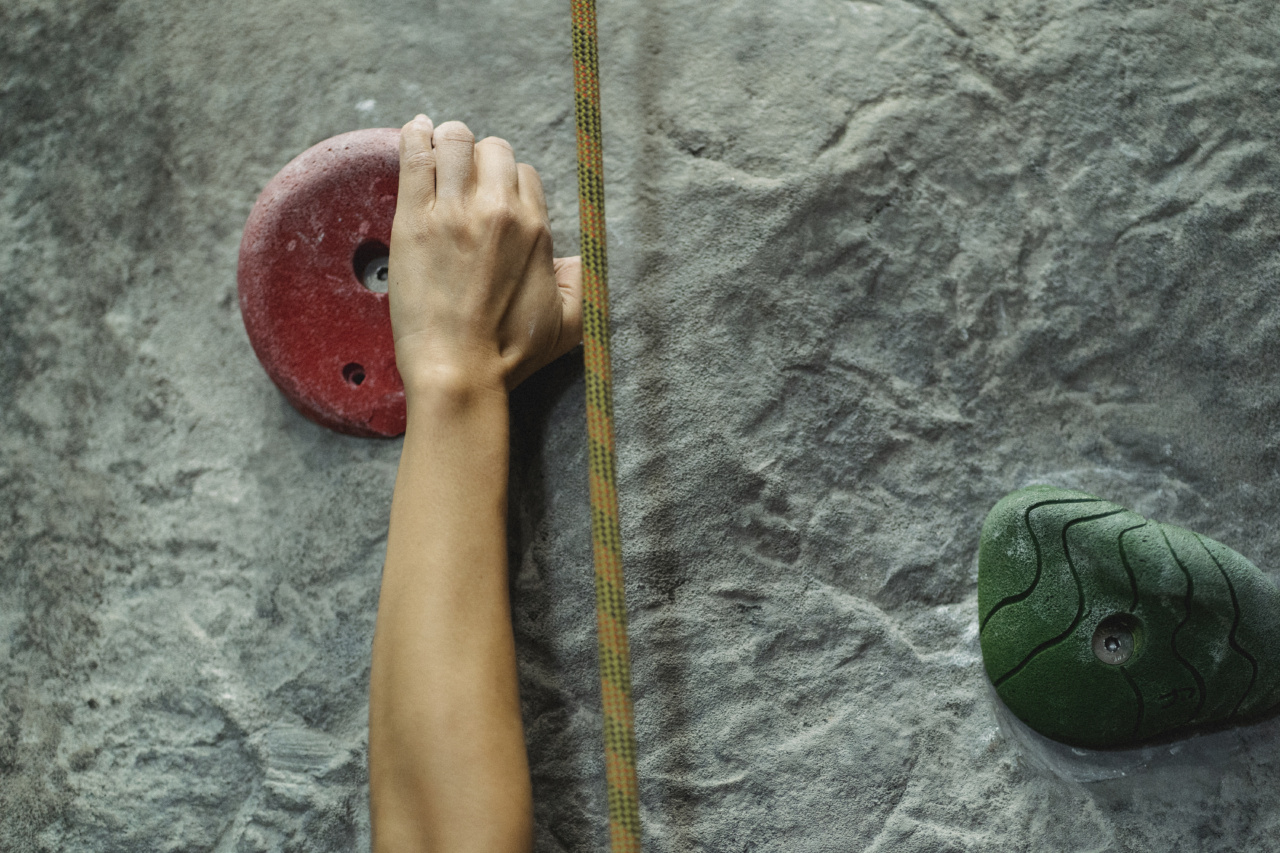Urinary tract stones, also known as renal calculi, are hard deposits that form in the kidneys or urinary tract. These stones can cause severe pain and discomfort, and may require medical intervention for removal.
However, by adopting certain strategies, you can reduce the risk of developing urinary tract stones and protect your overall health. In this article, we will explore some effective strategies for preventing the formation of urinary tract stones.
1. Stay Hydrated
The most crucial step in reducing the risk of urinary tract stones is to stay adequately hydrated. Drinking plenty of water helps dilute urine and prevents the concentration of minerals and substances that contribute to stone formation.
Aim to consume at least 8-10 glasses of water every day, and increase your intake during hot climates or excessive physical activity.
2. Follow a Balanced Diet
Your diet plays a significant role in the formation of urinary tract stones. To reduce the risk, avoid excessive consumption of oxalate-rich foods like chocolate, spinach, rhubarb, and nuts.
Additionally, limit your intake of animal protein, as it can increase the level of uric acid in the urine, contributing to stone formation. Instead, focus on a well-balanced diet that includes a variety of fruits, vegetables, whole grains, and lean proteins.
3. Moderate Sodium Intake
High levels of sodium in the diet can lead to increased calcium in the urine, making you more susceptible to urinary tract stones. Limit your sodium intake by avoiding processed and packaged foods, as well as adding excessive salt to your meals.
Opt for fresh, whole foods, and try using herbs and spices to enhance the flavor of your dishes instead of relying on salt.
4. Consume Foods Rich in Citric Acid
Citric acid has been found to inhibit the formation of urinary tract stones. Including foods rich in citric acid, such as lemons, oranges, limes, and grapefruits, can help prevent stone formation.
You can also consider adding lemon or lime juice to your water to increase your citric acid intake.
5. Limit Oxalate-rich Foods
Oxalate is a substance found in certain foods that can bind with calcium and form crystals, leading to stone formation.
Limiting the consumption of oxalate-rich foods, such as spinach, beetroot, chocolate, and tea, can reduce the risk of developing urinary tract stones. It is important to note that cooking or steaming these foods can decrease their oxalate content.
6. Maintain a Healthy Weight
Being overweight or obese can increase the risk of urinary tract stones. It is essential to maintain a healthy weight through regular exercise and a well-balanced diet.
Make sure to engage in at least 30 minutes of moderate-intensity exercise most days of the week. Consult with a healthcare professional to create a suitable exercise plan tailored to your individual needs.
7. Limit Carbonated Beverages
Carbonated beverages, including soda and certain fizzy drinks, can contribute to stone formation due to their high phosphoric acid content. These beverages can increase the excretion of calcium in the urine, leading to the formation of stones.
It is advisable to limit or avoid the consumption of carbonated beverages, opting for healthier alternatives such as water, herbal tea, or fresh juices.
8. Avoid Excessive Vitamin C Supplementation
While vitamin C is an essential nutrient, excessive supplementation can increase the risk of stone formation. High doses of vitamin C are metabolized to oxalate in the body, contributing to stone development.
It is advisable to obtain vitamin C from natural food sources rather than relying solely on supplements.
9. Don’t Hold in Urine
Holding in urine for prolonged periods can create an environment conducive to stone formation. Emptying your bladder regularly helps flush out minerals and substances that can crystallize and form stones.
Make it a habit to urinate whenever you feel the urge, and try not to delay emptying your bladder.
10. Regularly Check for Underlying Conditions
Some underlying medical conditions, such as hyperparathyroidism or urinary tract infections, can increase the risk of stone formation.
It is essential to undergo regular check-ups with your healthcare provider to detect and manage any underlying conditions that may contribute to the development of urinary tract stones.
Conclusion
By following these strategies, you can significantly reduce the risk of developing urinary tract stones and protect your overall health.
Remember to stay adequately hydrated, follow a balanced diet, limit sodium intake, consume foods rich in citric acid, and maintain a healthy weight. Additionally, avoid excessive consumption of oxalate-rich foods, carbonated beverages, and vitamin C supplements. Don’t hold in urine, and ensure regular check-ups with your healthcare provider to detect and manage any underlying conditions.
Taking these measures will go a long way in safeguarding your urinary tract health.






























